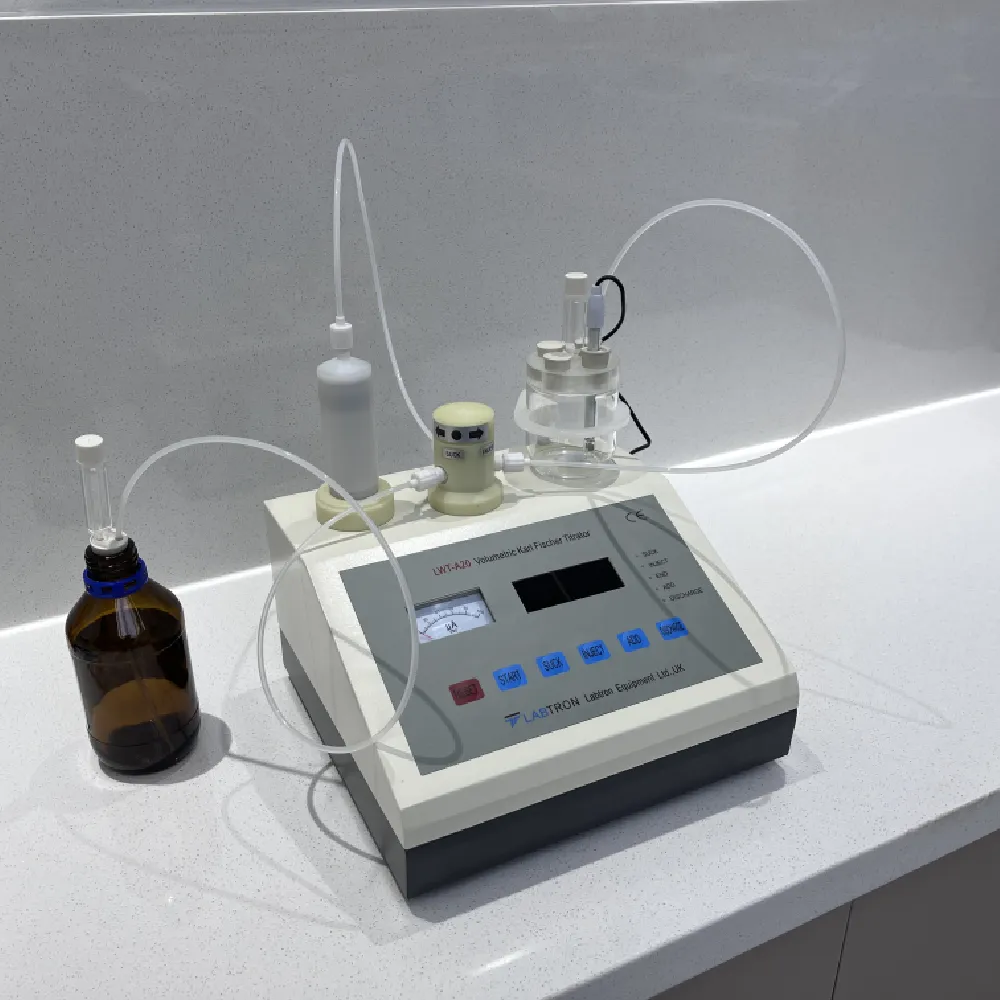 English
English



-
 Afrikaans
Afrikaans -
 Albanian
Albanian -
 Amharic
Amharic -
 Arabic
Arabic -
 Armenian
Armenian -
 Azerbaijani
Azerbaijani -
 Basque
Basque -
 Belarusian
Belarusian -
 Bengali
Bengali -
 Bosnian
Bosnian -
 Bulgarian
Bulgarian -
 Catalan
Catalan -
 Cebuano
Cebuano -
 China
China -
 China (Taiwan)
China (Taiwan) -
 Corsican
Corsican -
 Croatian
Croatian -
 Czech
Czech -
 Danish
Danish -
 Dutch
Dutch -
 English
English -
 Esperanto
Esperanto -
 Estonian
Estonian -
 Finnish
Finnish -
 French
French -
 Frisian
Frisian -
 Galician
Galician -
 Georgian
Georgian -
 German
German -
 Greek
Greek -
 Gujarati
Gujarati -
 Haitian Creole
Haitian Creole -
 hausa
hausa -
 hawaiian
hawaiian -
 Hebrew
Hebrew -
 Hindi
Hindi -
 Miao
Miao -
 Hungarian
Hungarian -
 Icelandic
Icelandic -
 igbo
igbo -
 Indonesian
Indonesian -
 irish
irish -
 Italian
Italian -
 Japanese
Japanese -
 Javanese
Javanese -
 Kannada
Kannada -
 kazakh
kazakh -
 Khmer
Khmer -
 Rwandese
Rwandese -
 Korean
Korean -
 Kurdish
Kurdish -
 Kyrgyz
Kyrgyz -
 Lao
Lao -
 Latin
Latin -
 Latvian
Latvian -
 Lithuanian
Lithuanian -
 Luxembourgish
Luxembourgish -
 Macedonian
Macedonian -
 Malgashi
Malgashi -
 Malay
Malay -
 Malayalam
Malayalam -
 Maltese
Maltese -
 Maori
Maori -
 Marathi
Marathi -
 Mongolian
Mongolian -
 Myanmar
Myanmar -
 Nepali
Nepali -
 Norwegian
Norwegian -
 Norwegian
Norwegian -
 Occitan
Occitan -
 Pashto
Pashto -
 Persian
Persian -
 Polish
Polish -
 Portuguese
Portuguese -
 Punjabi
Punjabi -
 Romanian
Romanian -
 Russian
Russian -
 Samoan
Samoan -
 Scottish Gaelic
Scottish Gaelic -
 Serbian
Serbian -
 Sesotho
Sesotho -
 Shona
Shona -
 Sindhi
Sindhi -
 Sinhala
Sinhala -
 Slovak
Slovak -
 Slovenian
Slovenian -
 Somali
Somali -
 Spanish
Spanish -
 Sundanese
Sundanese -
 Swahili
Swahili -
 Swedish
Swedish -
 Tagalog
Tagalog -
 Tajik
Tajik -
 Tamil
Tamil -
 Tatar
Tatar -
 Telugu
Telugu -
 Thai
Thai -
 Turkish
Turkish -
 Turkmen
Turkmen -
 Ukrainian
Ukrainian -
 Urdu
Urdu -
 Uighur
Uighur -
 Uzbek
Uzbek -
 Vietnamese
Vietnamese -
 Welsh
Welsh -
 Bantu
Bantu -
 Yiddish
Yiddish -
 Yoruba
Yoruba -
 Zulu
Zulu
kinematic viscosity tester
Understanding Kinematic Viscosity Testers Importance, Functionality, and Applications
Kinematic viscosity is a critical physical property of fluids, reflecting their internal resistance to flow under the influence of gravity. It is a key parameter in various fields, including engineering, manufacturing, and environmental sciences. The measurement of kinematic viscosity is essential for understanding a fluid's behavior in both dynamic and static conditions, which can significantly impact performance in applications ranging from lubrication to hydrodynamics. To ascertain this property accurately, kinematic viscosity testers are employed.
What is Kinematic Viscosity?
Kinematic viscosity is defined as the ratio of dynamic viscosity to fluid density. It is typically measured in centistokes (cSt) and is crucial for assessing how a fluid will behave under different temperature and pressure conditions. The concept was introduced to simplify the understanding of fluid mechanics and provides a clearer picture of how various fluids will perform when subjected to gravitational forces.
Importance of Kinematic Viscosity Testers
Kinematic viscosity testers are specialized instruments designed to measure a fluid’s viscosity with precision. Their importance cannot be overstated, as they provide vital data that influences numerous industrial processes. For instance, in the petrochemical industry, kinematic viscosity measurements help in determining the quality of lubricating oils, which directly impacts engine performance and lifespan.
Furthermore, in the food and beverage sector, kinematic viscosity testers help ensure product consistency and quality. In pharmaceuticals, they play a significant role in formulating drugs where fluid properties can affect absorption and efficacy. Therefore, a reliable kinematic viscosity tester is essential for research and quality control across various industries.
Functionality of Kinematic Viscosity Testers
The functionality of kinematic viscosity testers is based on the principle of fluid flow through a calibrated capillary tube. The fluid’s viscosity is calculated by measuring the time it takes for a specific volume of the fluid to pass through the tube under controlled temperature conditions.
kinematic viscosity tester

Different designs of kinematic viscosity testers exist, including the Ubbelohde, Cannon-Fenske, and Ostwald methods
. Each design utilizes a capillary tube, but they differ in their construction and the specifics of how the flow is measured. For example, the Ubbelohde viscometer, often used for transparent liquids, can provide highly accurate measurements by eliminating end effects that can skew results.Modern kinematic viscosity testers incorporate digital interfaces and automated systems that enhance measurement accuracy and speed. Advanced models offer temperature control and data logging capabilities, allowing users to conduct multiple tests efficiently and record results for analysis.
Applications of Kinematic Viscosity Testers
The applications of kinematic viscosity testers are virtually limitless, extending across many sectors. In automotive engineering, these testers are crucial for ensuring that oils adhere to specific viscosity grades appropriate for various engine types and conditions.
In the aerospace industry, kinematic viscosity measurement plays a significant role in fuel selection, which affects performance and safety. Additionally, in environmental sciences, understanding the viscosity of oils in water bodies aids in oil spill response and planning effective remediation strategies.
Moreover, as industries move towards sustainability, kinematic viscosity testing is becoming increasingly important in the evaluation of biofuels and alternative lubricants, which often exhibit different flow characteristics compared to traditional petroleum-based products.
Conclusion
In summary, kinematic viscosity testers are indispensable tools for accurately measuring fluid viscosity. Their ability to provide reliable data is fundamental for industrial applications across diverse sectors, fostering quality control, safety, and innovation. As technology continues to advance, the evolution of these testers will likely enhance measurement precision and expand their applications, addressing the growing complexity of modern fluid systems. Ultimately, the role of kinematic viscosity testers is pivotal in optimizing performance and ensuring the integrity of products that rely on fluid mechanics.
-
Transformer Test Essentials: Insulating Oil Tester and TypesNewsMay.30,2025
-
Grease Testers and Oil Determination OverviewNewsMay.30,2025
-
Exploring Electricity Usage Testers and GeneratorsNewsMay.30,2025
-
Essential Guide to Transformer Oil Testing ToolsNewsMay.30,2025
-
Ensuring Safety with a Circuit Breaker FinderNewsMay.30,2025
-
Electrical Safety Tools Hipot, Dielectric, VLF TestersNewsMay.30,2025



